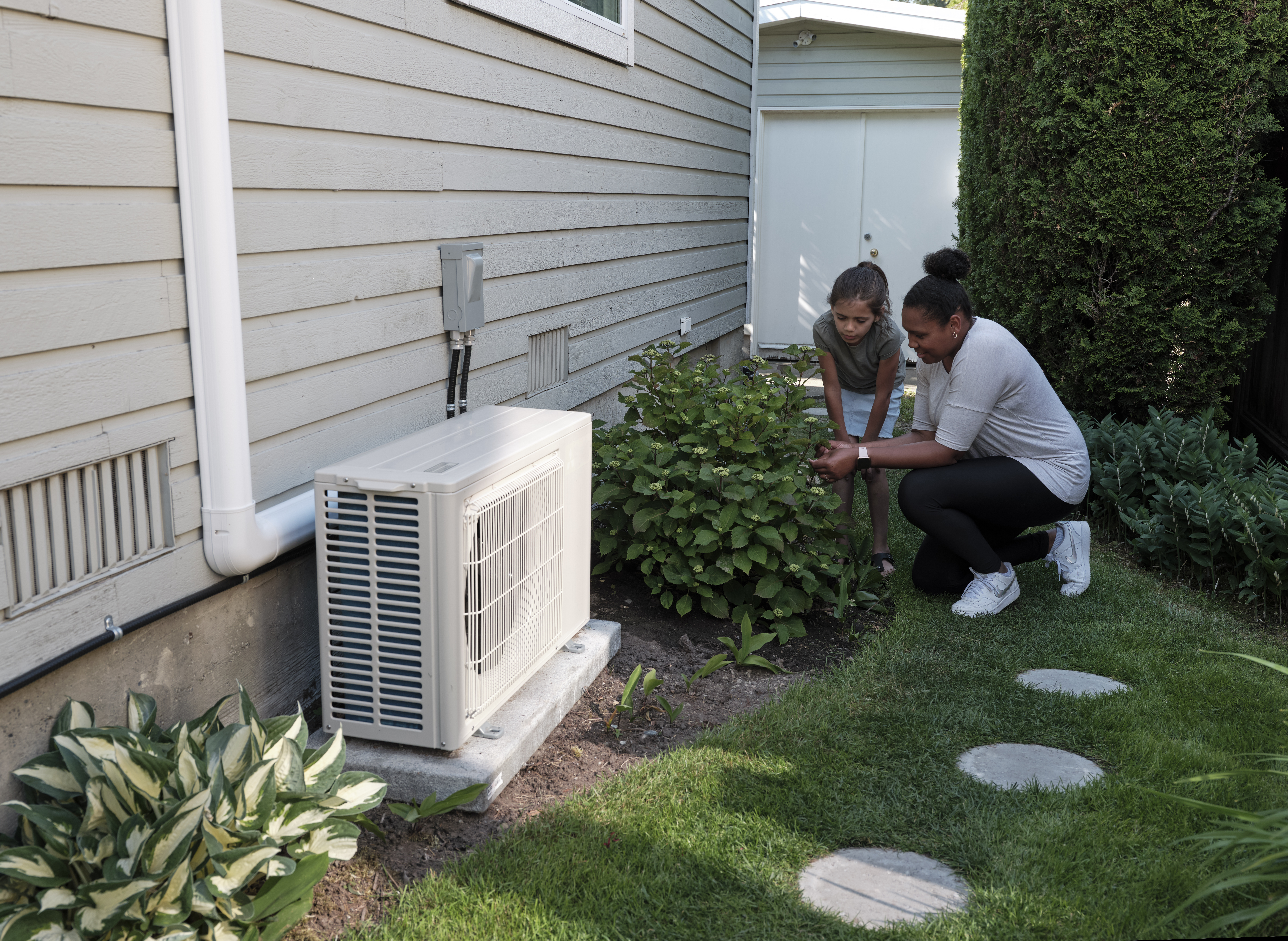Electricity and Utility Regulation & Energy Decarbonization
Services and information topics
Electricity
Most electricity in B.C. is generated from a clean and renewable source. Most comes from river water, but a lot also comes from forest biomass, wind and landfill gas. Geothermal heat—or energy that comes from heat deep under the ground—is also being explored in B.C.
Community Clean Energy Solutions
The Province aims to work collaboratively with communities in B.C. on clean energy solutions to achieve the emission reduction targets laid out in the CleanBC plan.
Energy Efficiency
Improved energy efficiency helps B.C.'s households, businesses and institutions save money, be more competitive and have a better quality of life. It is also the cleanest way to meet increasing demand for energy. Energy efficiency is good for our natural environment and is one of the lowest-cost ways to reduce B.C.’s greenhouse gas emissions.
Clean and Renewable Energy
British Columbia generates nearly all of its electricity by harnessing the power of flowing water, a clean and renewable source. The rest comes from forest biomass, wind, natural gas, solar, and landfill gas.
Clean Transportation Energy Solutions
Transportation provides essential services for the economy, but also produces significant impacts, including economic costs and environmental impacts related to increasing greenhouse gas emissions. In B.C. we are working to make transportation cleaner, through investment in zero-emission vehicles (ZEVs), low carbon fuels and technology.
Innovative Clean Energy Solutions
Innovative clean energy solutions are critical to meeting British Columbia’s greenhouse gas emissions reduction targets and are important contributors to serving other clean energy and environmental interests both locally and abroad.

Learn more about CleanBC and the CleanBC Roadmap to 2030
- CleanBC Roadmap to 2030
- Roadmap to 2030 Plan (PDF, 9.2MB)
- For funding opportunities: Community Climate Funding Guide
Learn more about Powering Our Future: BC’s Clean Energy Strategy
Learn more about the B.C. Government’s comprehensive, two-phased BC Hydro Review.
Learn how Canada and the United States are working together to ensure power and flood control benefits for both countries.

